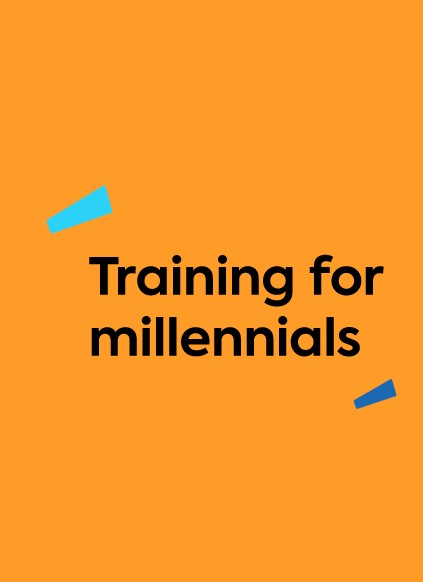A Guide to Millennials’ Work Ethics (With Tips and Examples)
Work ethic is something that’s often spoken about, but rarely understood. That’s why we’ve put together this guide to millennials’ work ethics. In it, you’ll learn about the different attitudes and beliefs of this generation, as well as tips on how to adapt your work style to better suit millennials. We hope this guide will help you understand and support your millennial employees—and maybe even win them over to your side. So read on, and let us help you get ahead in the workplace!
What is Millennials’ Work Ethos?
Millennials are known for their work ethic. In fact, they’re often considered to be more dedicated and engaged employees than any other age group. Here are a few things to know about millennials’ work ethics:
1. They Value Flexibility and Autonomy
Many millennials value flexibility and autonomy in their careers. This means that they want to be able to work from home or on the go as needed. They also want to have a lot of control over their own work schedule and professional development opportunities.
2. They Respect Feedback and Criticism
Millennials are highly receptive to feedback and criticism. They want to be able to improve their skills and knowledge, so they appreciate constructive criticism that helps them achieve this goal. Plus, they value strong relationships with their co-workers, which allows for open communication about feedback and progress.
3. They’re Passionate About Their Work
Millennials are passionate about what they do. They’re driven by a desire to make an impact on the world and help others learn and grow. This passion is what drives them to stay focused on their goals, even when the going gets tough.
Five Tips to Improve Millennial Work Ethics
1. Make a code of conduct:
When it comes to work ethics, make sure to have a code of conduct in place that all employees are aware of. This code of conduct should outline what is and is not acceptable behaviour at work and should be regularly updated. Examples of unacceptable behaviour may include gossiping, talking on the phone during working hours, and taking credit for someone else’s work.
2. Set clear expectations:
When setting expectations with your millennial employees, make sure to be clear about what is expected from them. This will help ensure that they know what is required of them and that they are held accountable for meeting those expectations. It can also help foster a sense of teamwork and collaboration among your employees.
3. Encourage transparency:
One key way to foster a positive work environment is to encourage transparency among your employees. This means ensuring that everyone knows what is going on within the organization and that feedback is given freely and without fear of retribution. Giving everyone the opportunity to openly share their thoughts and ideas will help promote creativity and innovation in the workplace.
4. Respect deadlines:
It’s important to set realistic deadlines when it comes to projects, so that everyone understands what needs to be done and no one feels overwhelmed or pressured into completing tasks prematurely. This way, everyone involved can stay focused on their goals while still meeting the deadline requirements.
5. Communication is key:
Last but not least, effective communication
10 Examples of Good and Bad Millennial Work Ethics
Millennials are often times praised for their work ethic, but there are also bad examples of how this generation conducts themselves at work. In this article, we will discuss 10 good and bad millennial work ethics examples.
1. The Example of the Hardworking College Student
Some millennials may be known for working hard all throughout school and then taking on additional responsibilities after graduation. This type of work ethic is admirable and can set an example for other workers in the future.
2. The Example of the Overworked Employee
Not all millennials are hardworking college students – some may be overworked employees who feel like they have too much to do and not enough time to do it properly. This type of attitude can quickly lead to burnout, which is not a desirable outcome for anyone involved in the workplace.
3. The Example of the Slacker Millennial
Some millennials might try to skate by without putting in any effort at all at their job. This type of behaviour is simply unacceptable in the workplace, as it leaves others feeling frustrated and unappreciated. A lack of effort leads to a loss of respect and can ultimately damage your career prospects.
Conclusion
Millennials are often thought of as entitled, unproductive employees. However, this is not always the case. In fact, millennials have a lot to bring to the workplace and can be quite productive when they are given the proper guidance and incentives. This article provides tips on how to identify and encourage millennial work ethic in your company, with examples of how it has worked successfully in the past. So if you want to keep your workforce energized and motivated, make sure to give them a taste of what millennials are all about!

